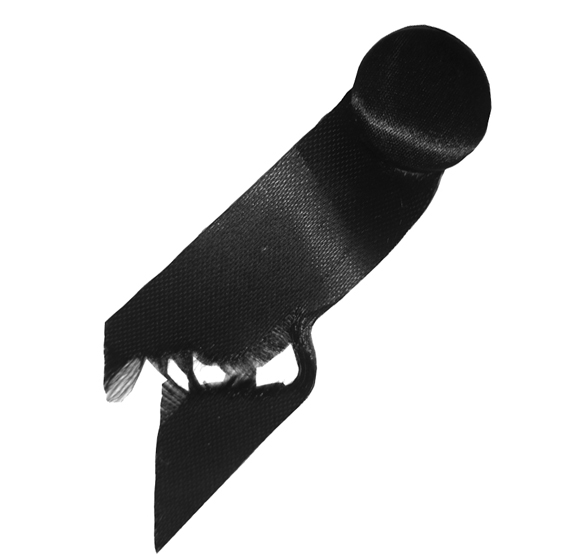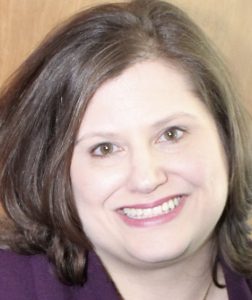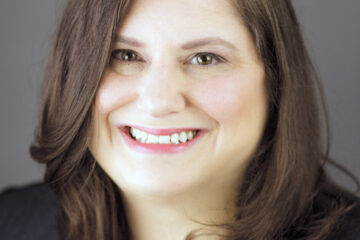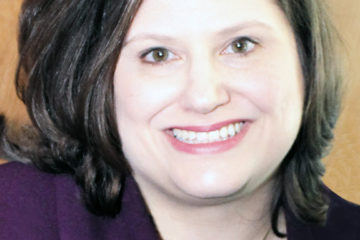Comforting the mourner

By Rabbi Karen Bodney-Halasz, Temple Israel
Having served as Temple Israel’s director of education for many years, I have had several conversations with parents about their children’s Jewish education.
One topic stands out to me, especially at this time of year when school returns to session: holding funerals on Sunday afternoons.
With so many children at religious school on Sunday mornings, parents ask if we are able to delay funeral start times to eliminate the potential possibility of a child seeing a casket brought into our building.
As a parent, I respect the desire to protect and shelter children from unnecessary fear. I also understand the anxiety of holding difficult conversations with children about death.
But as a rabbi and an educator, I believe it is essential that we teach our children that death is an inseparable part of life, and that accompanying the dead for burial is one of the most powerful ways that we can honor a loved one.
Its value is without measure.
Should we deny our children the chance to learn first-hand how we come together as a community to support one another, especially for something that each of us will encounter at some point in our lives?
It is a far more powerful lesson for our children to watch a congregation take care of its mourners than reading about it in a textbook.
Helping the bereaved navigate their way through grief is one of the most meaningful aspects of my rabbinate. I have the privilege to meet with mourners and encourage them to articulate, some for the first time, the lessons that were passed down to them by their loved ones.

These conversations break open a vault of memories that will continue to pour out throughout the period of shiva and beyond. And they provide healing and strength. They remind us of what our loved ones stood for, what values they cherished. They help us not only to honor our dead with dignity, but to carry them with us into the future through how we live our lives.
In a few weeks, we enter the month of Elul, which leads us into the High Holy Days. It is a contemplative period, prompting us to think about who we are and what our actions say about our values.
One of our longstanding traditions is to visit the graves of loved ones during the month of Elul. We visit graves throughout the year, especially for yizkor and yahrzeits, but Elul offers a structured time to look upon the markers of those we loved and to remember the legacies they left, as they continue to inspire us to live more fully now and in the future.
Our self-reflection during this time is intended to lead us to make changes to our behavior and ask forgiveness for what we have done wrong.
Visiting the graves of loved ones is part of this process, as it helps us to remember the ideals we set for ourselves in their honor.
We call this communal gathering at the cemetery kever avot, and in many congregations it is observed between Rosh Hashanah and Yom Kippur.
This year, as we prepare to visit our parents, spouses, siblings and other loved ones for kever avot, consider going as a family.
This is a learning opportunity; our children should observe and absorb how loved ones continue to be a part of our lives even after their deaths.
As we are called to remember, may we be able to share these memories with the next generation and teach them how to mourn for us after we, too, are gone.
May it be that our dear ones’ memories always and only serve as a blessing for us. May the legacies they have left behind not only help us to return to life, but assist us in being written and sealed in the Book of Life.
To read the complete August 2018 Dayton Jewish Observer, click here.




